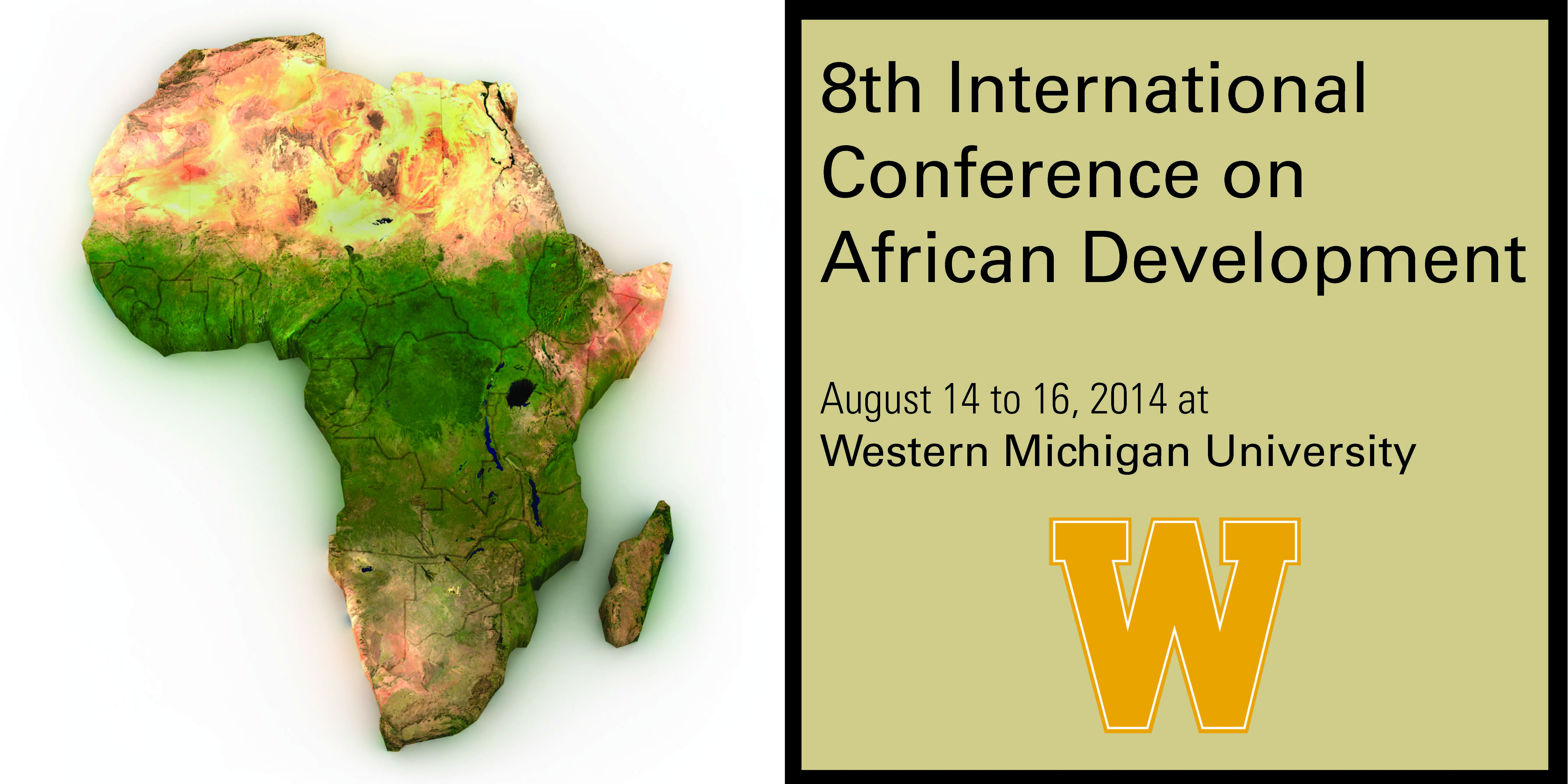
ICTs and Regional Economic Integration: An Anticipatory Scenario for the Greater Horn of Africa
Start Date
15-8-2014 10:45 AM
End Date
15-8-2014 12:15 PM
Submission type
Presentation
Abstract
Development experts are telling increasingly fascinating stories about how human development indices (HDI) among the poor in Africa, Asia, and Latin America have been buoyed by the diffusion of ICTs (Information and Communication Technologies) over the last two decades. According to data compiled by the World Economic Forum, ICTs have facilitated faster and more reliable communication with regard to almost all important spheres of life including healthcare, education, agriculture, commerce, e-banking, the environment, etc. Perhaps the greatest impact of ICTs has been in their democratizing effect and their role in promoting gender equity – especially with regard to access to information that affects basic facets of life – but which has been beyond reach before either because of geographic distance or because of a lack of facilities such as libraries and clinics. This paper employs the anticipatory scenario-building approach in offering an analysis of potential development implications of ICTs for the Horn of Africa region. The Greater Horn of Africa (Ethiopia, Eritrea, Somalia, Djibouti, Kenya, Uganda, South Sudan and Sudan) was selected because, by all U.N. and World Bank indices, the region comprises some of the least developed countries in the world, gauging from indices such as infant mortality, life expectancy, and per capita income. It also represents the largest concentration of “failed states” according to Fund For Peace classifications, a U.S. think tank. Reasons for this sorry predicament abound, but one of them is that the region has endured some of the longest civil wars in modern world history...
Keywords
human development, economic integration, ICT
ICTs and Regional Economic Integration: An Anticipatory Scenario for the Greater Horn of Africa
Development experts are telling increasingly fascinating stories about how human development indices (HDI) among the poor in Africa, Asia, and Latin America have been buoyed by the diffusion of ICTs (Information and Communication Technologies) over the last two decades. According to data compiled by the World Economic Forum, ICTs have facilitated faster and more reliable communication with regard to almost all important spheres of life including healthcare, education, agriculture, commerce, e-banking, the environment, etc. Perhaps the greatest impact of ICTs has been in their democratizing effect and their role in promoting gender equity – especially with regard to access to information that affects basic facets of life – but which has been beyond reach before either because of geographic distance or because of a lack of facilities such as libraries and clinics. This paper employs the anticipatory scenario-building approach in offering an analysis of potential development implications of ICTs for the Horn of Africa region. The Greater Horn of Africa (Ethiopia, Eritrea, Somalia, Djibouti, Kenya, Uganda, South Sudan and Sudan) was selected because, by all U.N. and World Bank indices, the region comprises some of the least developed countries in the world, gauging from indices such as infant mortality, life expectancy, and per capita income. It also represents the largest concentration of “failed states” according to Fund For Peace classifications, a U.S. think tank. Reasons for this sorry predicament abound, but one of them is that the region has endured some of the longest civil wars in modern world history...
